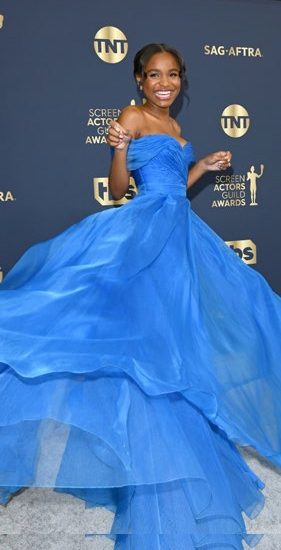Green, White, and Global
As Nigeria celebrates 65 years of independence, the green and white flag doesn’t just symbolise freedom; it represents a nation whose cultural influence now spans the globe. Beyond politics and economics, Nigerians have become global tastemakers, dominating sports, film, and music in ways that continue to shape the world’s perception of Africa.
In sports, Nigerian athletes have carried the country’s pride onto international arenas, from Olympic tracks to football stadiums, breaking records and setting new standards.
Nollywood, once viewed as a regional industry, has evolved into one of the world’s most prolific film hubs, with Nigerian stories now streaming on global platforms and captivating audiences worldwide.
Music, meanwhile, has perhaps become Nigeria’s loudest voice; Afrobeats and Afropop now headline concerts in the U.K., U.S.A., France, and even India, redefining global soundscapes.
At 65, Nigeria is not just looking back at its journey to freedom; it’s looking forward as a cultural force. Our athletes, actors, and musicians are ambassadors of resilience, talent, and creativity, proving that Nigeria’s heartbeat is not confined within its borders; it echoes across the world stage.
Sports: A Legacy of Champions
In the world of sports, Nigeria has carved a reputation as a powerhouse on the continent and beyond, producing legends who continue to inspire generations. On the football front, Nigeria has consistently shown its strength. The men’s team, the Super Eagles, not only reached the finals of the Africa Cup of Nations (AFCON), reaffirming their dominance in African football, but also lifted the prestigious 2025 Unity Cup, a tournament that brought together nations in a celebration of unity and competition. Individual brilliance has also shone through, with Nigerian male players securing the coveted CAF Player of the Year award multiple times, cementing their place among the world’s elite.
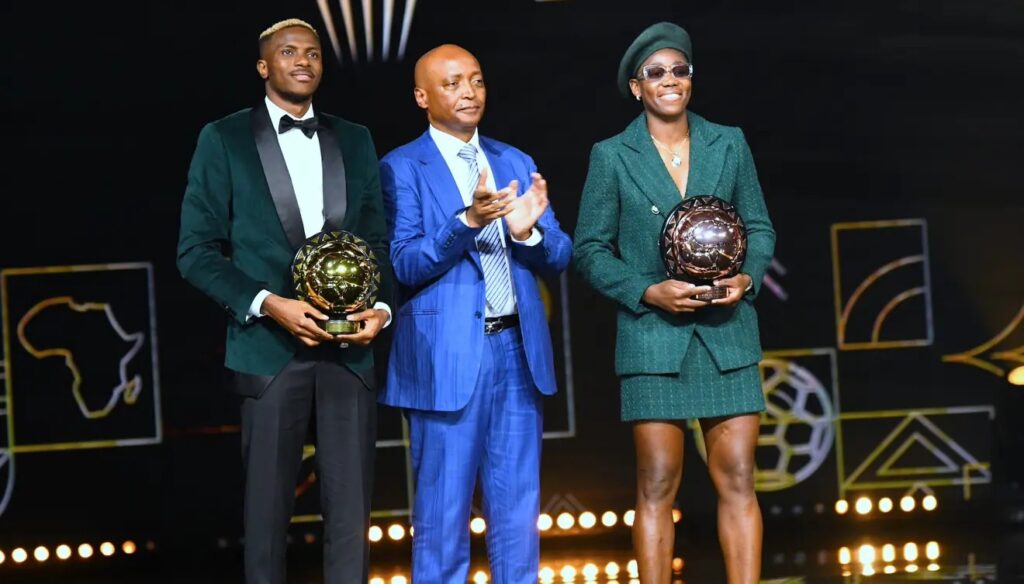
Yet, it is perhaps the women who have carried the torch the brightest in recent years. The Super Falcons, Nigeria’s women’s national football team, remain untouchable in Africa, clinching their 10th AFCON title, an achievement unmatched across the continent. At the individual stage, Nigerian female players have also dominated the CAF Women’s Player of the Year awards, proving their talent is as formidable as that of their male counterparts.
Basketball tells a similar story of Nigerian resilience and brilliance. The D’Tigress, Nigeria’s women’s basketball team, has made history by winning the FIBA Women’s AfroBasket Championship for the fifth consecutive time, a continental record. This streak not only highlights their athletic supremacy but also underscores Nigeria’s growing influence in the global basketball scene.
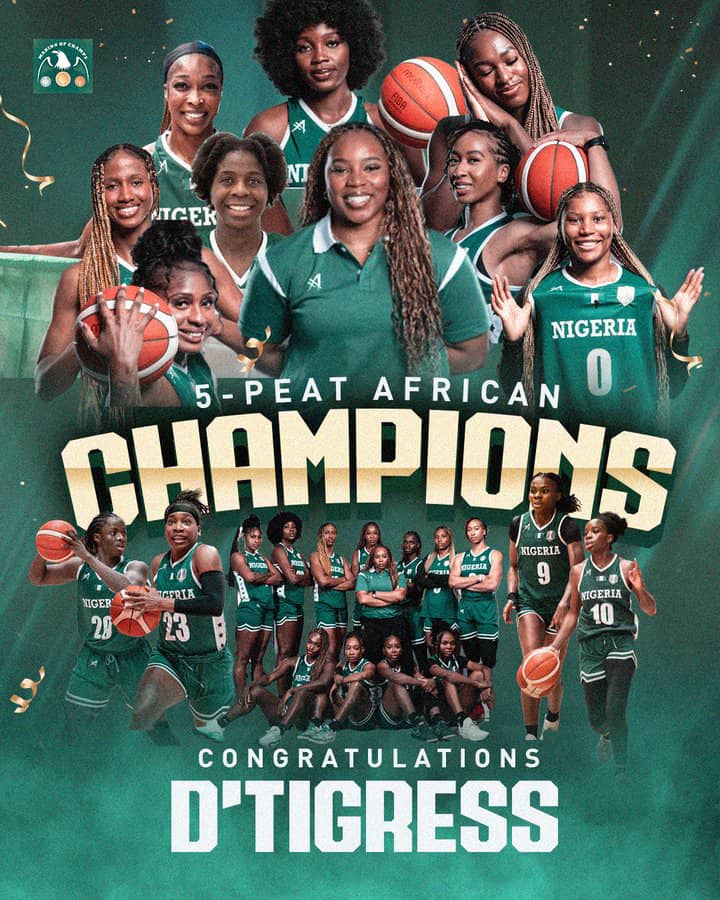
Their achievements symbolise determination, teamwork, and the unyielding spirit of the Nigerian teams, who continue to break barriers in sports traditionally dominated by others.

Nollywood: Telling Stories, Breaking Records
If sports is Nigeria’s heartbeat, Nollywood is its voice, a booming, unapologetic, and ever-expanding voice that has captivated audiences both at home and abroad. Over the last 65 years, the Nigerian film industry has evolved from grassroots productions into a global cinematic powerhouse, establishing its presence across streaming platforms, cinemas, and cultural spaces worldwide.
One of the brightest recent moments came with Funke Akindele’s blockbuster, Everybody Loves Jenifa. The film not only dazzled audiences with its storytelling and star power but also smashed records, becoming the highest-grossing Nigerian film of all time. It was more than a commercial success; it was a cultural milestone that showed just how far Nollywood had come and how much potential it still holds.
Meanwhile, Ruth Kadiri has carved out her own lane as a digital powerhouse. Her consistent production of engaging, relatable films for YouTube has attracted massive audiences, proving that Nollywood’s reach isn’t limited to cinemas or streaming giants. In recognition of her efforts, YouTube named her one of Nigeria’s leading female creators, celebrating her ability to harness the platform and connect with millions of people. Kadiri’s success underscores Nollywood’s versatility; it’s not just about big screens; it’s also about accessibility and innovation.
Beyond individual triumphs, Nollywood’s marriage with Netflix has opened a new chapter in the global storytelling playbook. From Kunle Afolayan’s visually stunning dramas to young filmmakers bringing fresh perspectives, Nigerian films on Netflix have become international hits, consistently topping viewership charts and sparking conversations. Titles like Far From Home and The Black Book have proven that Nigerian stories, rich with local flavour yet universal in theme, can resonate with global audiences.
These achievements signal more than success; they represent validation of one’s abilities. Nollywood isn’t just producing films; it is exporting culture.
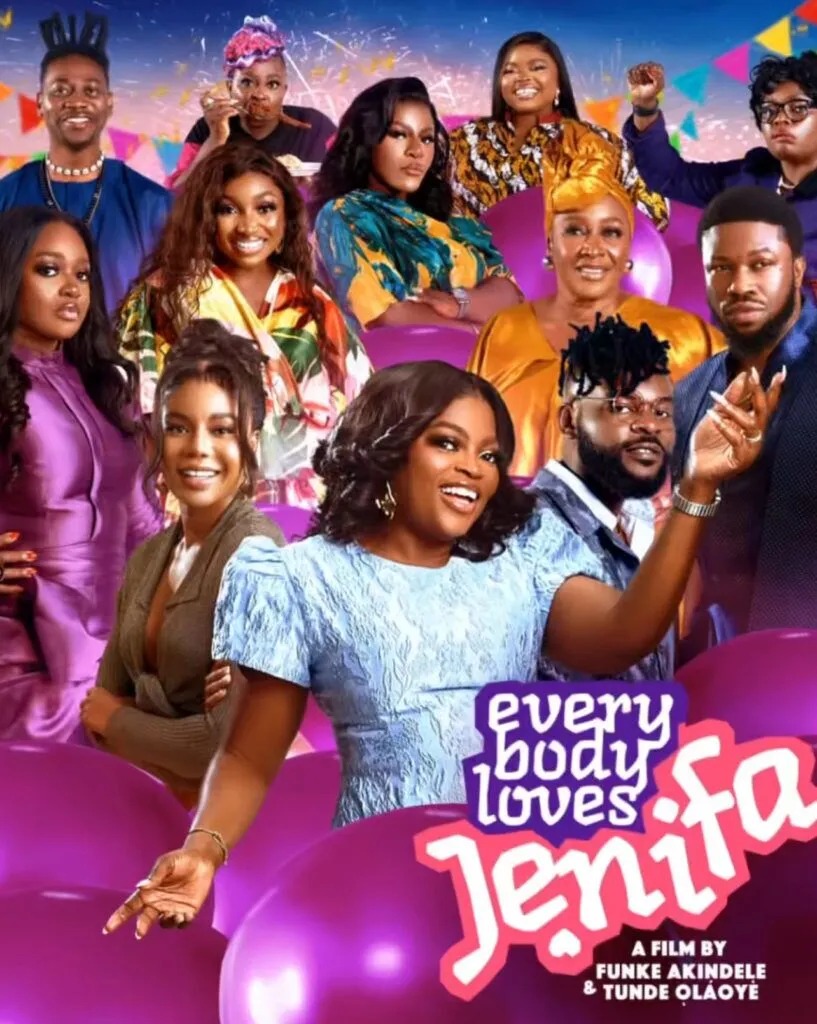
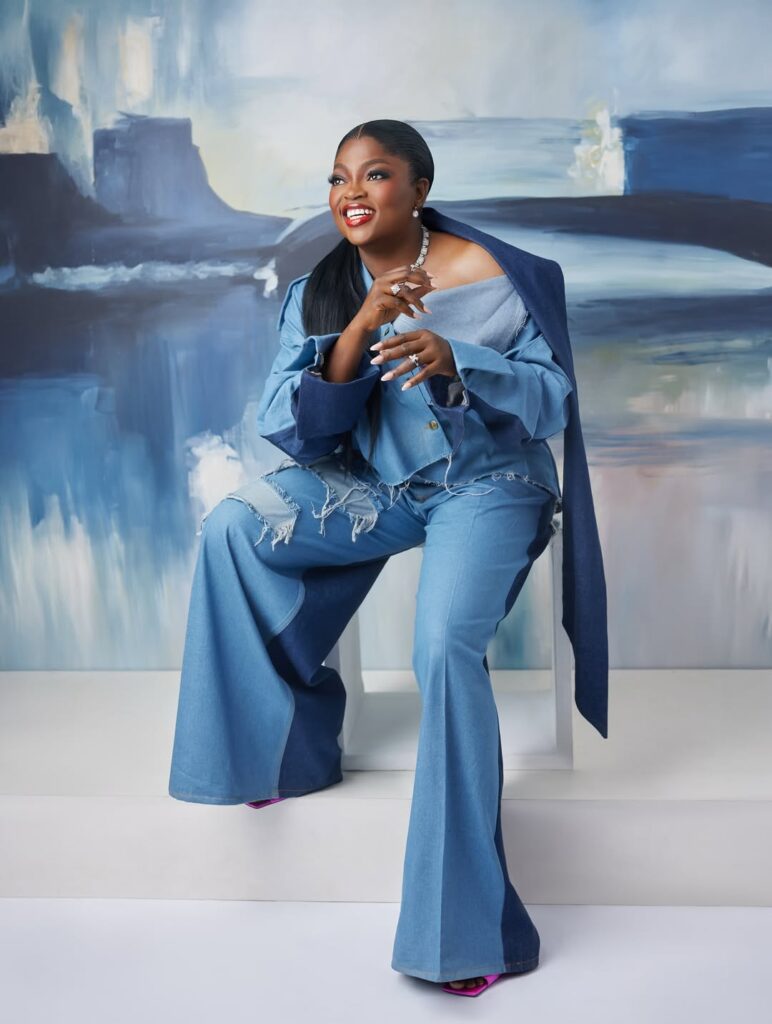
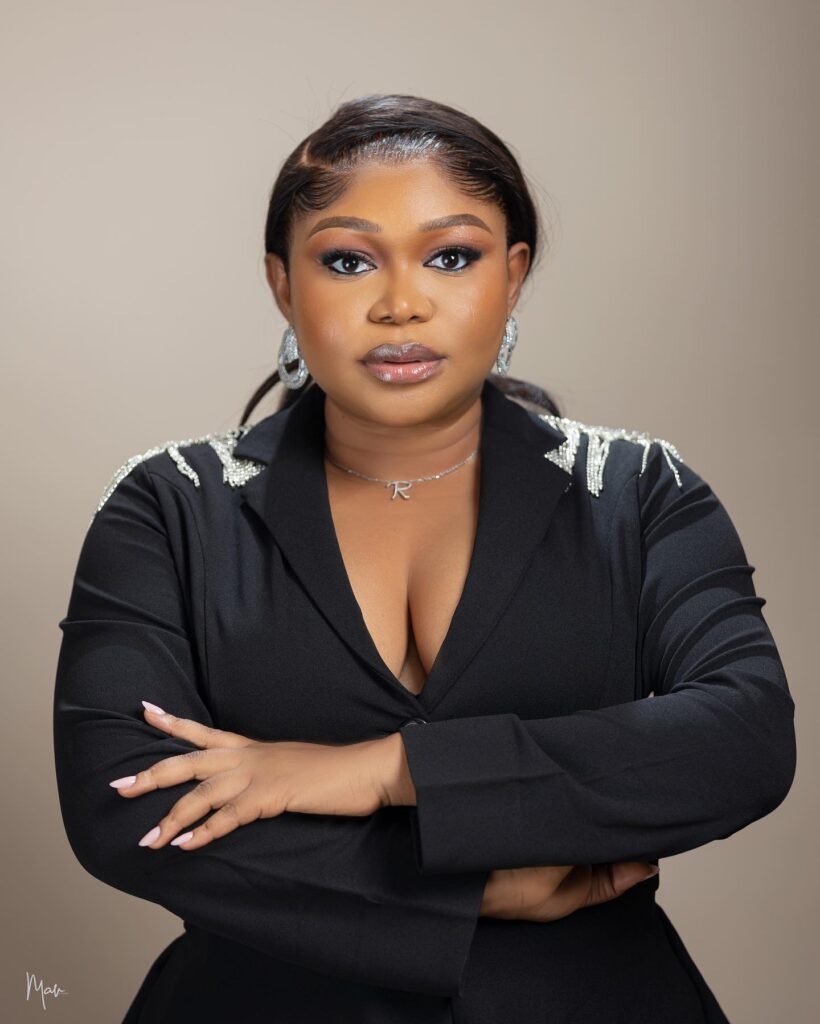
Music: Afrobeats to the World
If Nollywood tells Nigeria’s stories, music sets them to rhythm—and in recent years, that rhythm has become global. From sold-out arenas to Grammy wins, Nigerian artists have not only dominated charts but also shaped the soundtracks of this generation, proving that Afrobeats is not a genre to overlook; it is a cultural movement.
The global takeover has been spearheaded by the famous Big 3: Davido, Wizkid, and Burna Boy, whose artistry opened doors for an entire wave of Nigerian talent. Burna Boy’s Grammy win and multiple sold-out stadiums, Wizkid’s iconic Made in Lagos project that charted worldwide, and Davido’s hit anthems like Unavailable have placed Nigerian music in conversations alongside the world’s biggest stars.
However, the new wave has shown that the story is still being written. Rema’s Calm Down remix with Selena Gomez became a cultural phenomenon, topping global charts and breaking records on platforms like Spotify and YouTube. His success has established him as one of Afrobeats’ fiercest global ambassadors, bringing Nigerian youth culture to the world stage.
Then there’s Asake, the genre-bending artist redefining what modern Afrobeats can sound like. Blending Fuji influences, amapiano beats, and street anthems, Asake has headlined sold-out international shows and pushed the boundaries of Nigeria’s sonic identity.
Women, too, are carving space at the very top. Tems has become a global icon, collaborating with artists such as Beyoncé, Drake, and Rihanna, while earning a Grammy. Her distinct voice and artistry represent not just a personal victory but the expanding diversity of Nigerian music on the global stage.
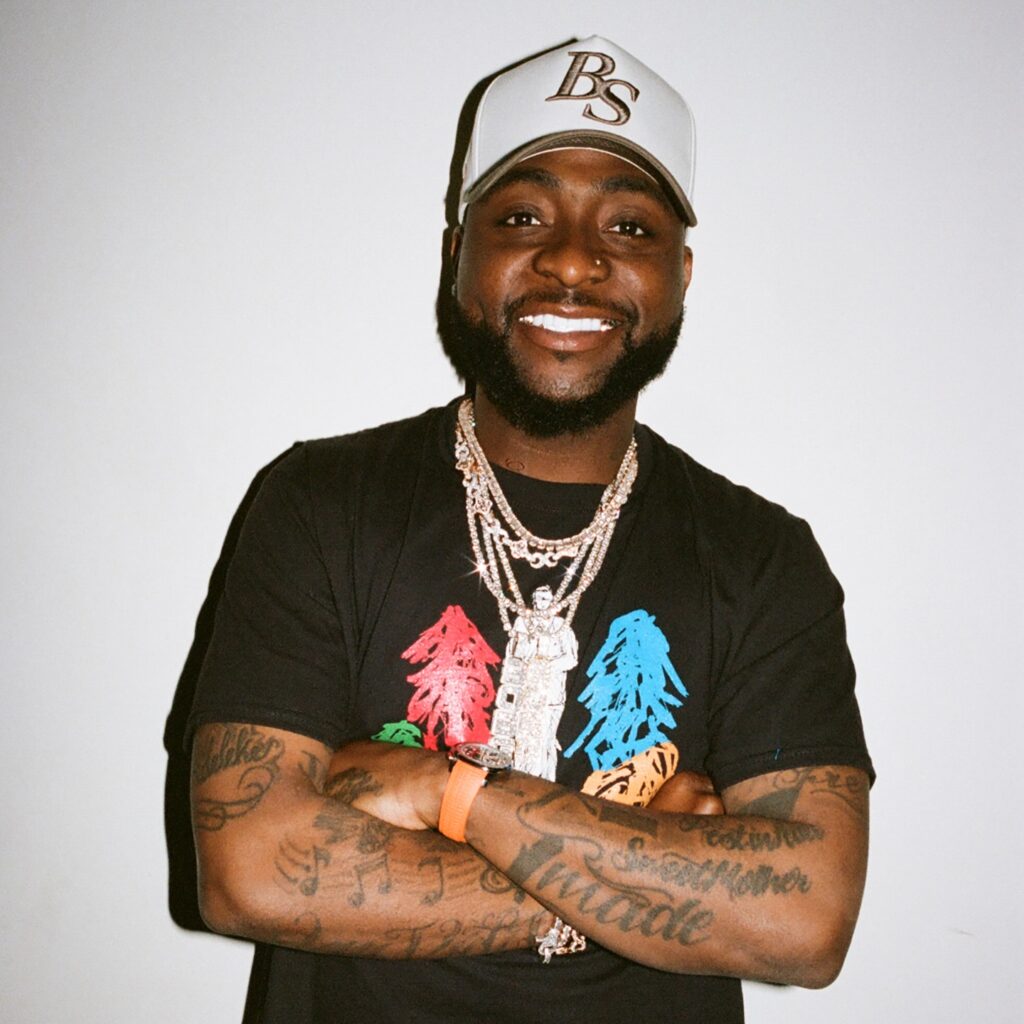
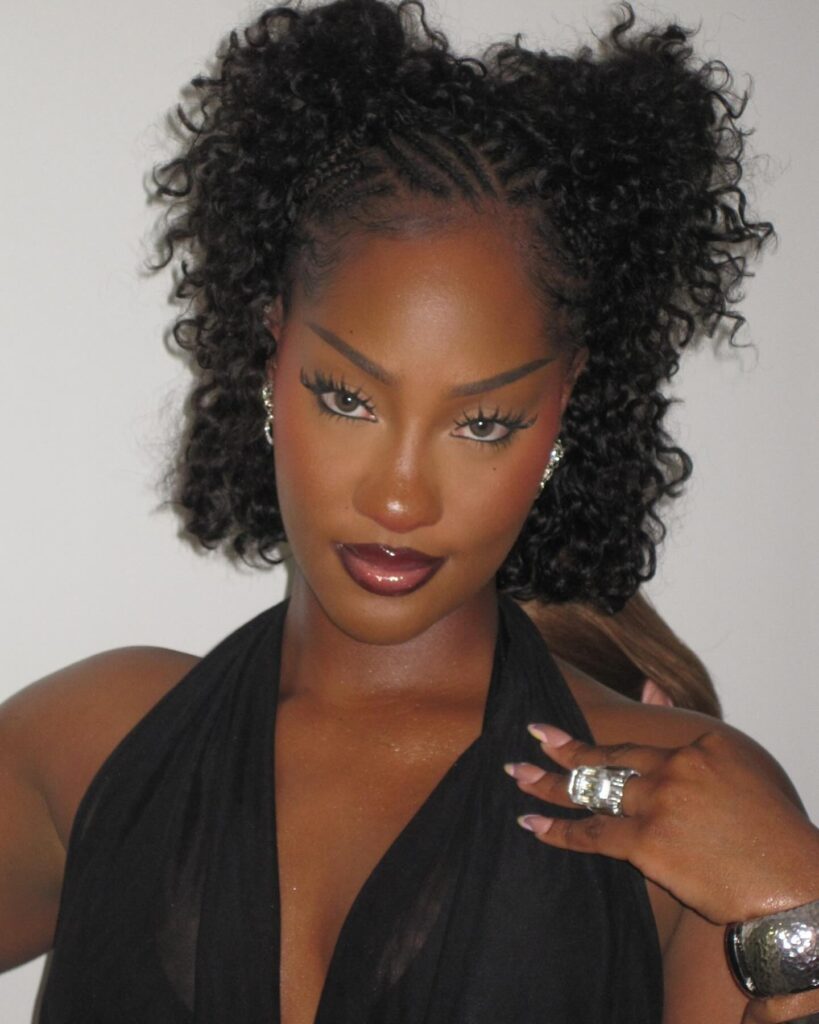
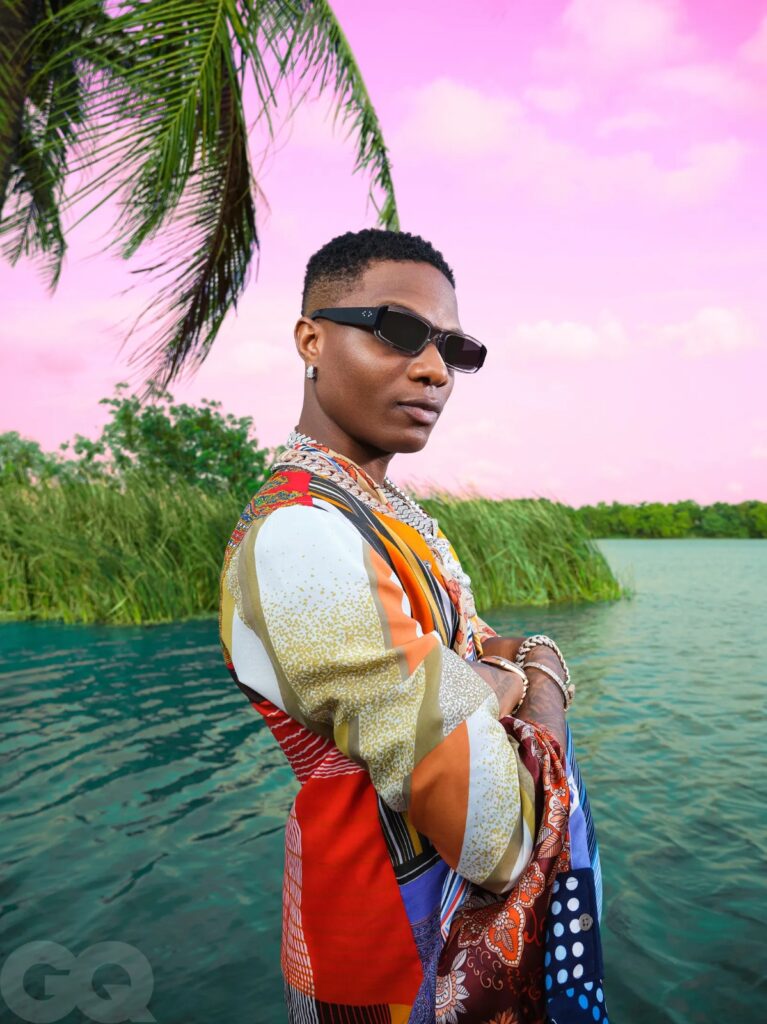
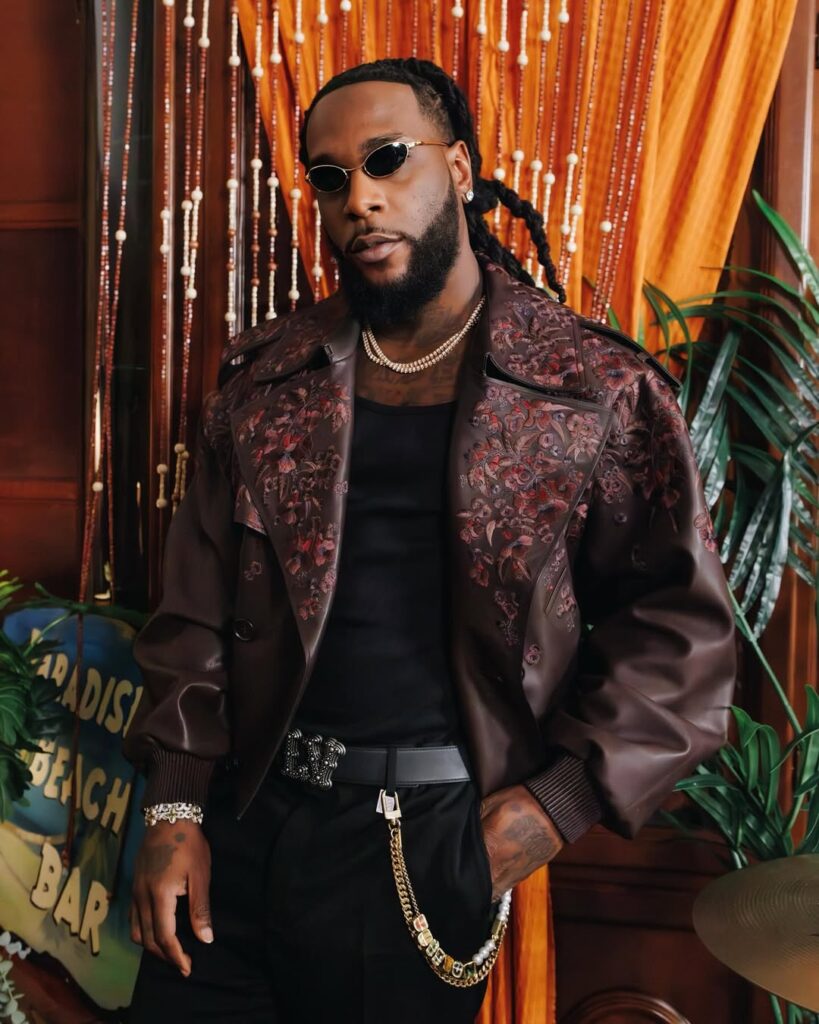
Here’s to a nation that continues to rise, inspire, and resonate far beyond its borders. Happy Independence Day, Nigeria.





